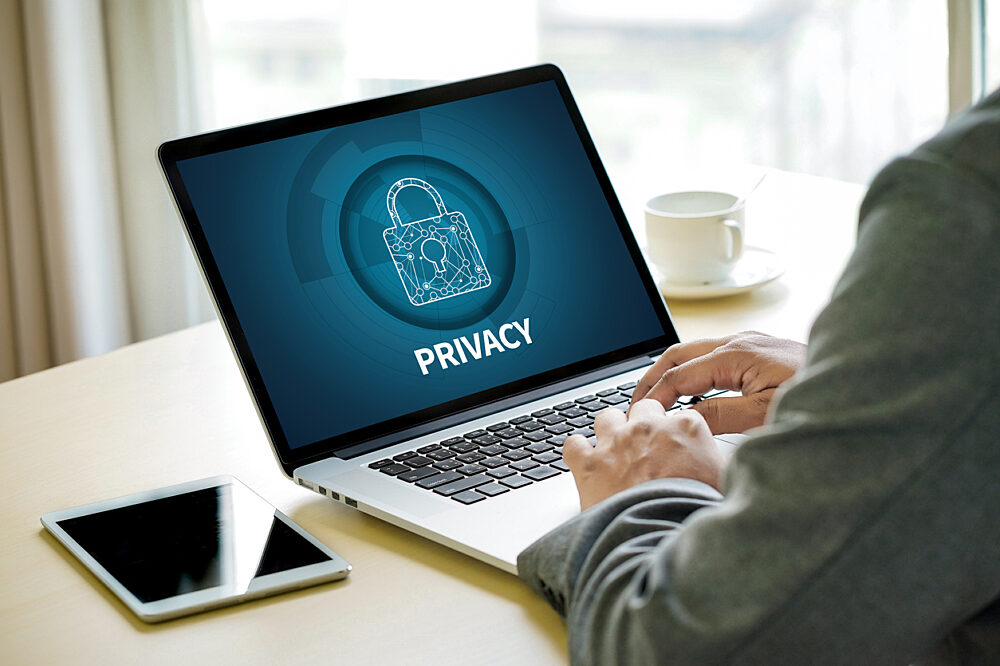In the rapidly evolving landscape of Software as a Service (SaaS), ensuring compliance is paramount for businesses seeking to maintain trust and security in their operations. Understanding the nuances of SaaS compliance is essential for both providers and users. Let’s delve into the intricacies of compliance for SaaS and explore the key requirements that businesses must adhere to.
When it comes to compliance for SaaS, businesses must navigate a complex web of regulations and standards to ensure the integrity and security of their services. From data protection laws to industry-specific guidelines, SaaS compliance requirements are diverse and ever-changing. To learn more about who regulates SaaS, explore this detailed resource.
What is compliance in SaaS? It involves adhering to various regulations and standards to demonstrate a commitment to protecting customer data and maintaining operational excellence. By understanding what is compliance in SaaS, businesses can build trust and ensure they meet regulatory expectations effectively.
What is the Compliance of SaaS?
Compliance for SaaS stands as a cornerstone for SaaS providers, demonstrating their commitment to safeguarding customer data and ensuring operational excellence. By adhering to SOC2 standards, SaaS companies undergo rigorous assessments of their systems, processes, and controls to validate their compliance with key security principles.
What is SaaS Compliance?
SOC 2 compliance encompasses a set of criteria developed by the American Institute of CPAs (AICPA) to evaluate the security, availability, processing integrity, confidentiality, and privacy of SaaS systems. Achieving SOC 2 compliance assures customers that a SaaS provider adheres to stringent data protection standards.
A comprehensive SaaS audit checklist serves as a roadmap for assessing and enhancing the compliance posture of SaaS platforms. From data encryption measures to access controls, this checklist encompasses various aspects crucial for ensuring regulatory compliance and mitigating risks.
What is a Compliance Service?
What is Compliance as a Service in Cloud Computing example? Compliance as a Service (CaaS) in cloud computing offers a proactive approach to managing compliance requirements. By leveraging automation and cloud-based solutions, businesses can streamline compliance processes and stay ahead of regulatory changes. For example, compliance as a service in cloud computing helps organizations maintain continuous compliance with standards such as SOC2.
What is Compliance as a Service in Cloud Computing Geeks?
Compliance as a Service in Cloud Computing Geeks refers to the expertise and tools provided by specialized firms to assist businesses in achieving and maintaining compliance in cloud environments. These services encompass a range of offerings, including risk assessments, policy management, and ongoing monitoring, tailored to meet the unique needs of SaaS providers.
What is SOC2 Compliance?
SOC 2 compliance revolves around five trust service criteria: security, availability, processing integrity, confidentiality, and privacy. SaaS companies must implement robust controls and practices to address each criterion effectively. From data encryption to incident response protocols, SOC 2 compliance requires a comprehensive approach to security and risk management.
A SaaS compliance checklist template provides a structured framework for evaluating and enhancing SaaS compliance efforts. This template encompasses key areas such as data governance, regulatory requirements, and third-party risk management, enabling organizations to assess their compliance maturity and identify areas for improvement.
What is Required for SaaS?
Navigating SaaS legal requirements is essential for SaaS providers to ensure compliance with regulations such as GDPR, HIPAA, and CCPA. From data protection agreements to privacy policies, addressing SaaS legal requirements is crucial for maintaining trust and transparency with customers.
In conclusion, understanding the compliance landscape of SaaS is vital for navigating the complexities of modern business environments. By adhering to standards such as SOC2 and implementing robust compliance measures, SaaS providers can instill confidence in their customers and mitigate risks effectively. As businesses continue to embrace SaaS solutions, prioritizing compliance remains essential for fostering trust, security, and long-term success.


